|
|
|
|
| Adam Carr's Election Archive
|
Australian federal election, 2022
Division of Brand, Western Australia
Named for: Hon Sir David Brand (1912-79), WA MP 1945-75, Premier 1959-71
South of Perth: Parmelia, Rockingham, Safety Bay, Secret Harbour, Warnbro
State seats: All of
Baldivis,
Rockingham and
Warnbro, parts of
Darling Range and
Kwinana
Local government areas: All of
Kwinana and
Rockingham
Borders with:
Canning and
Fremantle
Enrolment at 2019 election: 106,963
Enrolment at 2022 election: 118,225 (+10.5)
1999 republic referendum: No 66.3
2018 same-sex marriage survey: Yes 67.1
Sitting member: Madeleine King (Labor):
Elected 2016, 2019
2007 Labor majority over Liberal: 5.6%
2010 Labor majority over Liberal: 8.3%
2013 Labor majority over Liberal: 2.9%
2016 Labor majority over Liberal: 11.4%
2019 Labor majority over Liberal: 6.7%
2022 notional Labor majority over Liberal: 6.7%
Liberal two-party vote 1983-2019
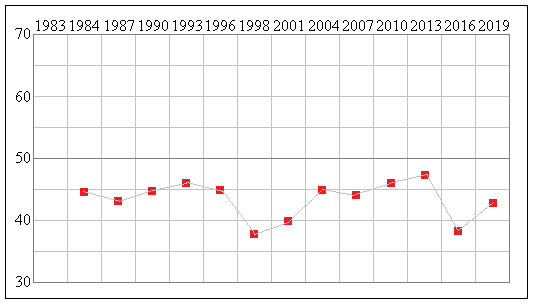
Status: Marginal Labor
Best Labor booths, two-party vote: Hillman (70.0), Medina (69.9), Leda (69.2), Parmelia (68.6),
Rockingham Central (67.2)
Best Liberal booths, two-party vote: Baldivis (50.5), Secret Harbour (49.3), Rockingham North (49.2), Singleton (48.3),
Baldivis Central (47.8)
2019 results
Statistics and history
Candidates in ballot-paper order:
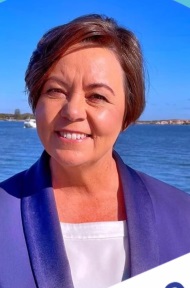 |
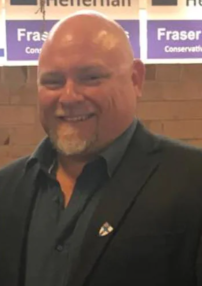 |
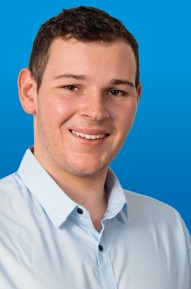 |
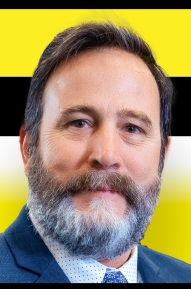 |
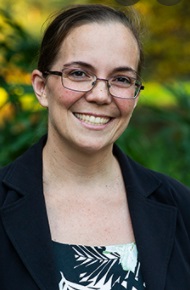 |
1. Madeleine King
Australian Labor Party |
2. Malcolm Heffernan
Australian Federation Party |
3. Peter Hudson
Liberal Party |
4. David Pike
United Australia Party |
5. Dr Heather Lonsdale
Australian Greens |
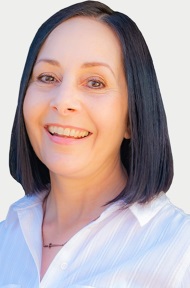 |
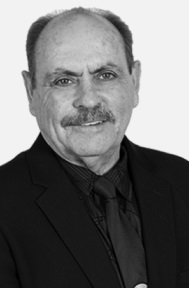 |
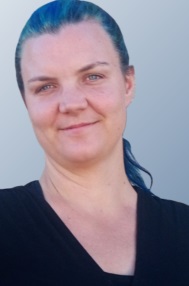 |
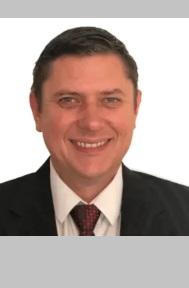 |
6. Jayne Chrichton
Australian Christians |
7. Michael O'Loghlen
Western Australia Party |
8. Alison Marshall
Liberal Democrats |
9. Andrew Gleeson
Great Australian Party |
Candidate websites:
Jayne Chrichton
Andrew Gleeson
Peter Hudson
Madeleine King
Dr Heather Lonsdale
Alison Marshall
Michael O'Loghlen
David Pike
Division of Brand
Brand was created in 1984, in the fast-growing coastal strip running south of Perth, based on the industrial centre of
Rockingham and the tourist-retirement town of Mandurah. Socially it is in some ways like a rural seat - it has a
relatively low median income level, a low level of people in professional and managerial occupations and a low level of
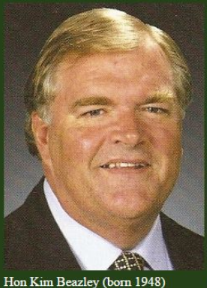 non English speaking households. Unlike country seats it has a high level of people paying off their homes.
It is also marked by the second-highest level in Australia of immigrants from the UK. This mix produces a seat which
is usually Labor but far from reliably so. The 2010 redistribution removed Mandurah from the seat, making it more
clearly an outer Perth and semi-industrial seat.
non English speaking households. Unlike country seats it has a high level of people paying off their homes.
It is also marked by the second-highest level in Australia of immigrants from the UK. This mix produces a seat which
is usually Labor but far from reliably so. The 2010 redistribution removed Mandurah from the seat, making it more
clearly an outer Perth and semi-industrial seat.
Brand was won in 1996 by
Kim Beazley, who was then Deputy Prime Minister in the Keating Government. He had been
member for
Swan since 1980 but rightly felt he needed a safer seat. As it was, Beazley very nearly lost Brand in
1996. He did much better in 1998 and 2001, when he was Leader of the Opposition, but in 2004, under
Mark Latham's
leadership, he was again run close. Beazley retired in 2007. He was succeeded by
Gary Gray, former National
Secretary of the ALP, who was a minister in the Rudd-Gillard government and retired in 2016.
Madeleine King, Labor MP for Brand since 2016, is a lawyer and was a staffer for Gray and chief operating officer of
the Perth USAsia Centre. She has been rapidly promoted and is now Shadow Minister for Trade and for Resources.
The state seats in this area produced huge swings to Labor at the 2021 state election, helped by the fact that
Premier
Mark McGowan holds the seat of Rockingham. This should not be taken as an indicator that similar results
can be expected in WA at a federal election. The Liberral candidate is Peter Hudson, a student. The Greens candidate is
Dr Heather Lonsdale, Senior Lecturer in Electrical
Engineering at Curtin University.
Demographics:
Median weekly household income: $1,533 (Australia $1,438)
People over 65: 11.6% (Australia 15.8%)
Indigenous: 2.4% (Australia 2.8%)
Australian born: 60.0% (Australia 66.7%)
Non-English-speaking households: 13.0% (Australia 22.2%)
Catholics 18.0% (Australia 22.6%)
No religion 36.2% (Australia 29.6%)
University graduates: 11.5% (Australia 22.0%)
Professional and managerial employment: 22.4% (Australia 35.2%)
Employed in manufacturing and construction: 29.6% (Australia 22.9%)
Paying a mortgage: 49.2% (Australia 34.5%)
Renting: 26.1% (Australia 30.9%)
Traditional families: 37.0% (Australia 32.8%)
Back to main page
|
|
 non English speaking households. Unlike country seats it has a high level of people paying off their homes.
It is also marked by the second-highest level in Australia of immigrants from the UK. This mix produces a seat which
is usually Labor but far from reliably so. The 2010 redistribution removed Mandurah from the seat, making it more
clearly an outer Perth and semi-industrial seat.
non English speaking households. Unlike country seats it has a high level of people paying off their homes.
It is also marked by the second-highest level in Australia of immigrants from the UK. This mix produces a seat which
is usually Labor but far from reliably so. The 2010 redistribution removed Mandurah from the seat, making it more
clearly an outer Perth and semi-industrial seat.















